Is it a novel? Is it a novella? Is it a novelette? It can be hard to decide what to call your book, but it's important to get it right so that you don't confuse or disappoint readers. This post offers guidelines suggested by experienced self-publishing author members of ALLi.
When promoting any work of fiction, it's important to use the right terms of reference. This will create appropriate expectations in your readers and help guard against disgruntled reviews such as these:
- “This turned out to be a short story, not a novel!” (left on a single short story)
- “I hate short stories hence my one-star review.” (left on a novel-length collection of short stories)
- “I only read non-fiction.” (left on a full-length novel with a cover and title that could have been misconstrued as a biography)
It's particularly important to get it right when promoting ebooks because the purchaser cannot physically assess the length of the book by picking it up in his hands. Yes, most sites state an approximate page length, but few readers check that detail, which is usually tucked away in small print along with the ISBN and publisher's name. (Why approximate? Because the actual page length of any ebook will vary in practice according to the settings of the ereader that it's read on, depending on the text size the user has chosen.)
Common Fiction Classifications
Some standard classications exist, although they can blur into each other. Here's a consensus that emerged from a lively discussion on ALLi's closed Facebook forum. (This forum is a members-only privilege, by the way, and to my mind, being a part of it fully justifies my ALLi membership fee, quite apart from the many other member benefits!)
- Novel – at least 40,000 words, with the standard commercial length being around 80,000, though many novels are much longer
- Novella – 17,5000-40,000 words
- Novelette – 7,500-17,500 words
- Short story– under 7,500 words
- Flash fiction (also sometimes called microfiction, sudden fiction, very short story, and discussed in my previous post here) – up to 1000 words (sometimes up to 500 in the UK)
- Vignette – “something that can be written on a vine leaf”, either prose or poetry (longer definition here at Vine Leaves Literary Journal, published by ALLI author member Jessica Bell)
- Small stone – a tiny observational piece of prose or poetry (defined by ALLi author Satya Robyn on this blog here)
By the way, it's worth noting that writing competitions will usually define their own terms within these genres. Make sure your entry is the right length. I've entered flash fiction competitions with maximum word counts ranging from 75 to 1,000 words, and the next on my list, the Stroud Short Story competition, calls for no more than 1,500 words!
Indie Author Options
Within each of the formats listed above, there's obviously room for manoeuvre and invention. As an independent author, you have the joyous freedom to call your work what you will and to publish a work of any length, subject to the minimum word counts laid down by your chosen publishing platform. When Founder of National Flash Fiction Day Calum Kerr, published a book combining stand-alone flash fiction to create a longer, coherent story, he called it a flash novella.
Jan Ruth, best known for her novels, says “I write collections of short stories, which come out around 10,000 each but I call them long-shorts because I'm not convinced the general public know what a novelette is.” (See cover image top right of this post)
Remember Your Reader
Whatever term you use, it must be meaningful to your reader. Publishing Quick Change, my first collection of flash fiction, I discovered that although flash fiction enthusiasts knew what to expect, many more didn't, including my mum and dad, both voracious readers. I hedged my bets by starting my description on Amazon with the following:
“Flash fiction, sudden fiction, microfiction, ultra short fiction – call them what you will, these twenty wry and witty short stories examine change at every stage of life, in a natural progression from birth to death.”
I'm hoping that packing in all those terms will also bring SEO benefits,.
Even so, I received the following review:
“Some of the stories could have been longer.”
Er, yes. But let's give last word on the subject to US author C J Booth, who writes novels, short stories and flash. In answer to the question “What do you call a piece of fiction of x words?” Charles replied succinctly:
“Good writing, if it's just right.”
With thanks to the following authors from all around the world for sharing their thoughts in the discussion that inspired this post:
Rasana Atreya (India), Jessica Bell (Greece), Charles Booth (USA), Calum Kerr (England), Fran Pickering (England) and Jan Ruth (Wales), Elisabeth Storrs (Australia) and John Yeoman (England)
OVER TO YOU
Do you agree with the definitions outlined above? Would you like to suggest alternatives? Please join the conversation via the comments section.
And if you'd like to join ALLi in order to take part in our closed Facebook forum, in which hundreds of professional self-publishing authors meet to share best practice and advice away from public view, click here to sign up.
 EASY TWEET
EASY TWEET
“How long is a #shortstory? A #novel? Join the debate at https://selfpublishingadvice.org/fictionlength/ by @DebbieYoungBN via @IndieAuthorALLi”

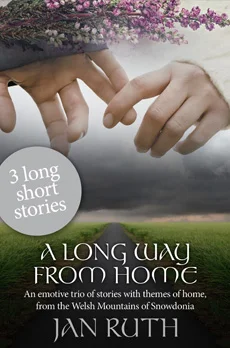
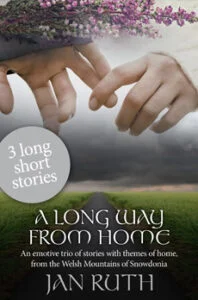
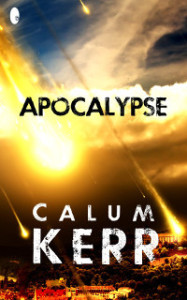
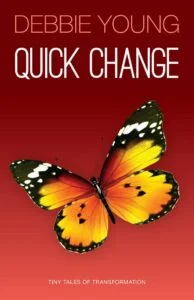



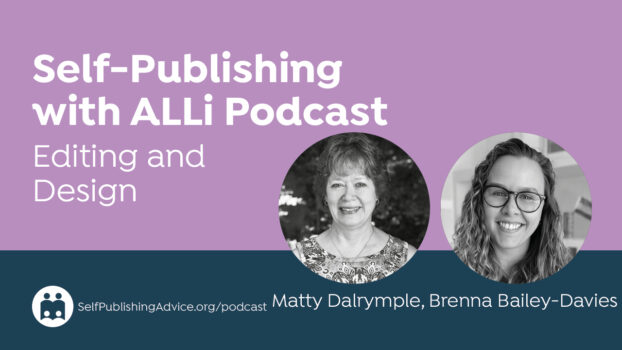
[…] Writing: Word Counts in Fiction – How Long Is A Novel? […]
[…] Writing: Word Counts in Fiction – How Long Is A Novel? […]
If you are interested in topic: click to earn money online free – you should read about Bucksflooder
first
[…] Click here to read the full post on ALLi. […]
This is something I’m always thinking about because I tend to write long stories but sometimes I want them to be short and then I don’t know where they fit. I also write YA and I think the standards there vary slightly.
Also, you might want to edit this post as your novella starts out really long 😉
I’ve been wondering if my newest work, Sojourn, coming out in October, would be considered as a novella at 54,000 words (all of my other books so far have been at least 80,000 words), but I guess not, by these standards. Still I wonder if I should say something to the effect that this one is shorter, and if so, what.
You can’t please everyone. And as proof, I offer the internet.
John, both A Christmas Carol and Jonathan Livingston Seagull did OK. I think what is more important than cultivating a word count and spine width, is an audience that likes and wants your work. That is also cultivate that particular type of book. Do you really want a reader that would say the book did not have enough words? I guess you could always send them some you are not using.
I used to call my ebooks ‘long short stories’ as most of them are 15K or under. Only my mermaid stories are short stories. I am now going to call most of mine ‘novelettes’ as I like that term better than long shorts. My current wip is a novelette as it is over 10K so far.
I agree totally with those definitions and it’s refreshing to see them clarified. The joy of indie publishing is that we can produce individual stories, of whatever length we wish, without worrying about obsolete conventions dictated by ‘spine width’ on the bookshop shelf. Indeed, indie publishing is now one of the few viable routes for debut anthologies. Perhaps we may even see a return to the halcyon days of the ‘pulps’ when short stories vied with novels in popularity?
I’d love that to happen, John, as a writer of short stories myself!
And you’ve just jogged my memory about something I meant to mention in the post – the difference between a collection and an anthology. A collection indicates a single author, an anthology the work of many individuals. Anyone working on doing either (and I’ve got work in both forms) needs to make sure they label it correctly – a surprisingly number of writers get it wrong. Though to be fair a lot of readers probably wouldn’t know the difference anyway! Thanks for continuing the conversation, John.
The estimated book length used by Amazon is the number of Kindle pages with the font size set to the smallest it will go. It’s not very useful, because no one can actually read it like that. They should quote a word number for the book–that doesn’t change. Since many readers would have difficulty getting a feel for the size of the book from that, they should also have some kind of lookup to books of similar length.
Which leads me to the next point. The expectation of book size varies by genre. Many Science Fiction and Fantasy books are ‘epic’ – 150k words+. Modern detective novels and thrillers tend to be larger than romance books, etc.
I’ve started using ‘novelette’ for my new, er, novelette, The Tokyo Karaoke Murder, coming out on 13th October. It’s really important with a short work to make sure readers know what length they’re getting. There’s a lot of interest now in short fiction – something to fit the daily commute!
The surge in interest in short fiction suits me down to the ground – I’m coming at the in the opposite direction from you, Fran, with oodles of short stories in my portfolio, but still building up to writing a novel! Good luck with your novelette – sounds an intriguing title!